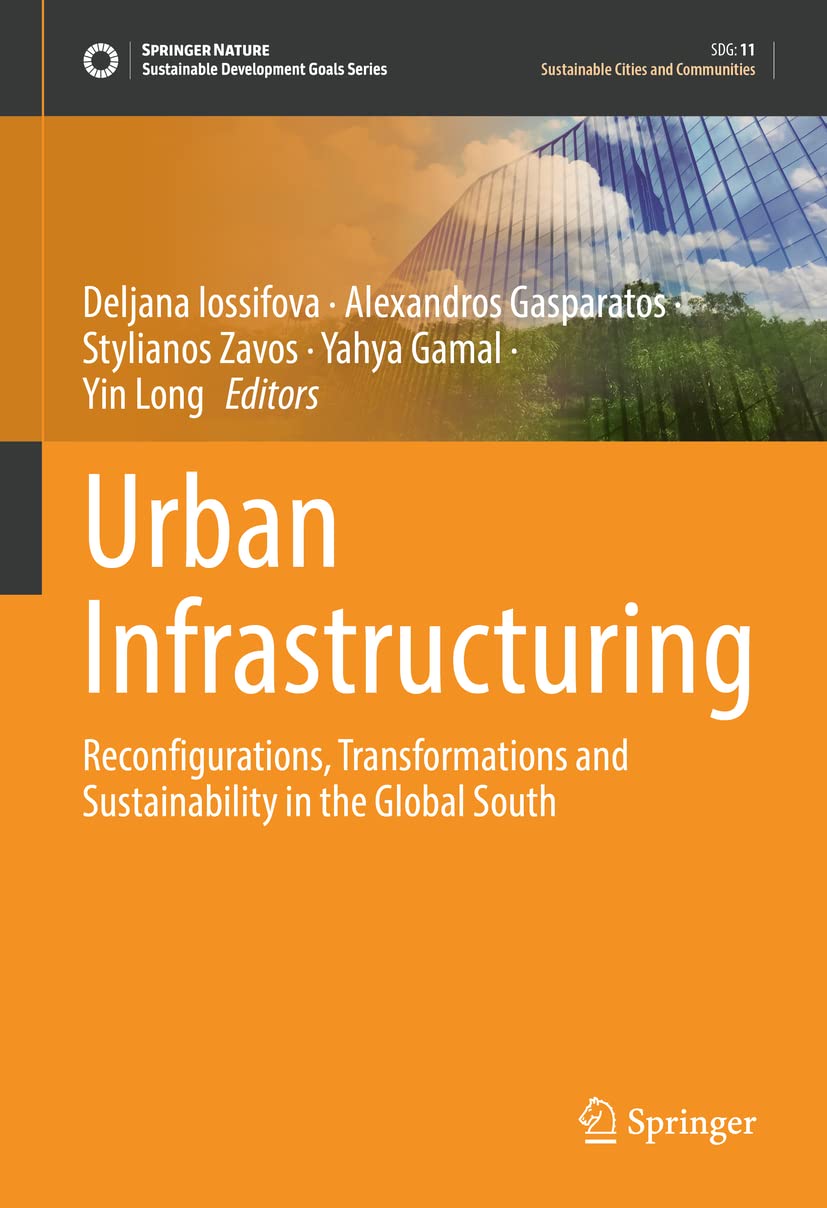

Most ebook files are in PDF format, so you can easily read them using various software such as Foxit Reader or directly on the Google Chrome browser.
Some ebook files are released by publishers in other formats such as .awz, .mobi, .epub, .fb2, etc. You may need to install specific software to read these formats on mobile/PC, such as Calibre.
Please read the tutorial at this link: https://ebookbell.com/faq
We offer FREE conversion to the popular formats you request; however, this may take some time. Therefore, right after payment, please email us, and we will try to provide the service as quickly as possible.
For some exceptional file formats or broken links (if any), please refrain from opening any disputes. Instead, email us first, and we will try to assist within a maximum of 6 hours.
EbookBell Team

0.0
0 reviewsThis book is about urban infrastructuring as the processes linking infrastructural configurations and their components with other social, ecological, political, or otherwise defined systems as part of urbanisation and globalisation in the Global South. It suggests that infrastructuring is essential to urbanisation and that it is entangled with socio-spatio-ecological transformations that often have negative outcomes over time. Furthermore, it argues that infrastructuring requires an ethical positioning in research and practice in order to enhance infrastructural sustainability in the face of intersecting environmental, social and economic crises.
“Urban Infrastructuring” is developed in three parts. First, it identifies infrastructural entanglements across various urban and urbanising settings in the Global South. Second, it highlights some of the damaging processes and outcomes of urban infrastructuring and argues that the absence, presence and transformation of infrastructure in the Global South (re-)produces socioecological injustice in the short- and long term. Third, the book argues for a shift of infrastructuring agendas towards more just and sustainable interventions. It suggests that an ethico-politics ofcareshould be embedded in systems approaches to infrastructuring in both research and practice.
The edited volume contains contributions from authors with backgrounds in a variety of academic disciplines from the natural and social sciences, engineering and the humanities. It provides valuable insights for anyone concerned with the study, design, planning, implementation and maintenance of urban infrastructures to enhance human well-being and sustainability. It will be of interest to researchers and urban decision-makers alike.